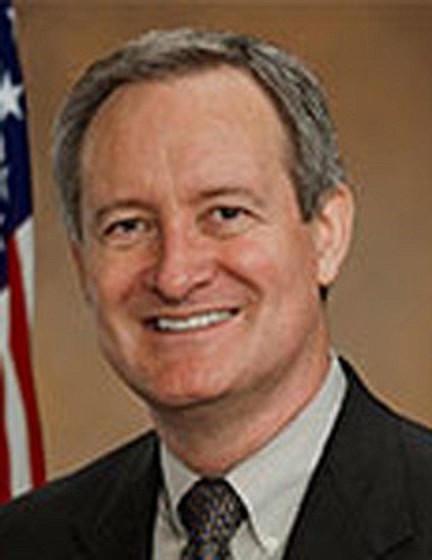Sound immigration reform is essential
Throughout my time in Congress, I have consistently maintained there is a real need for a rational immigration policy built on several important principles. I have weighed past immigration reform legislation against these principles, and have voted against immigration reform efforts that do not meet them. I continue to use them as a guide for consideration of current immigration reform proposals: ...
Become a Subscriber!
You have read all of your free articles this month. Select a plan below to start your subscription today.
Already a subscriber? Login



